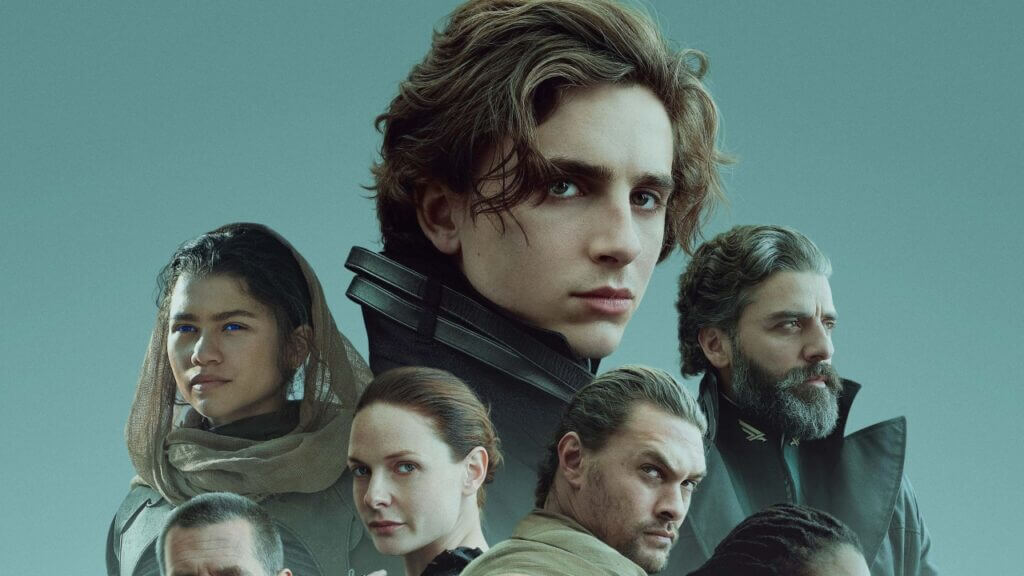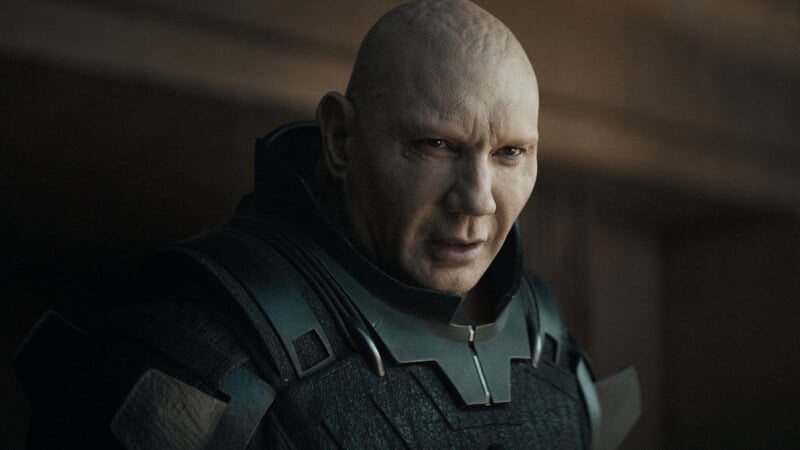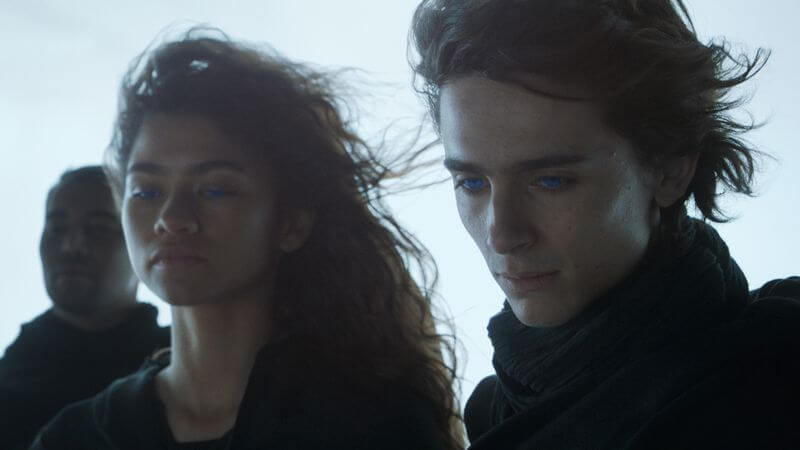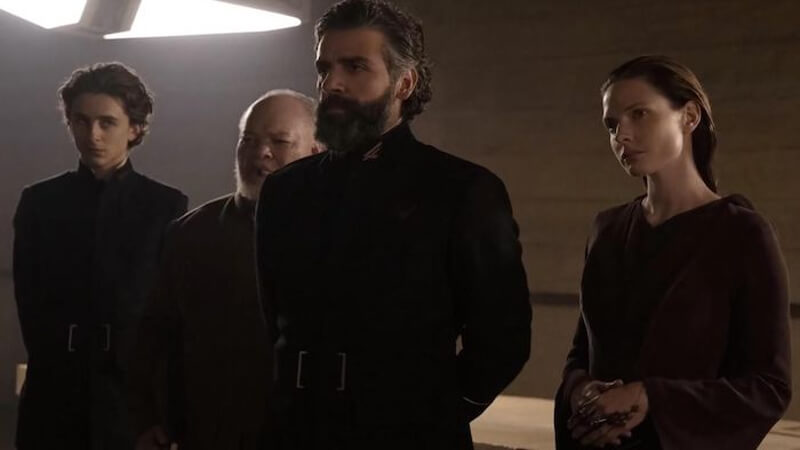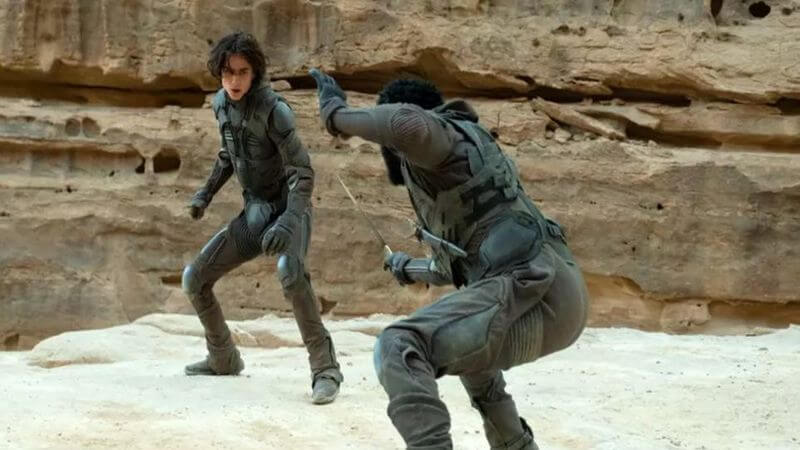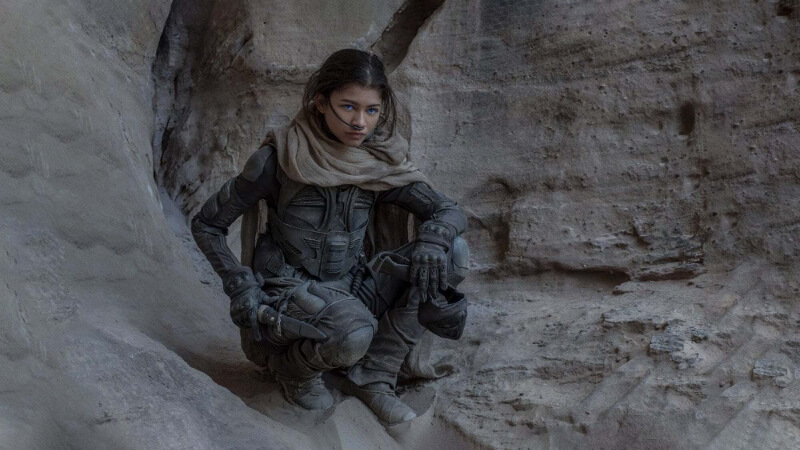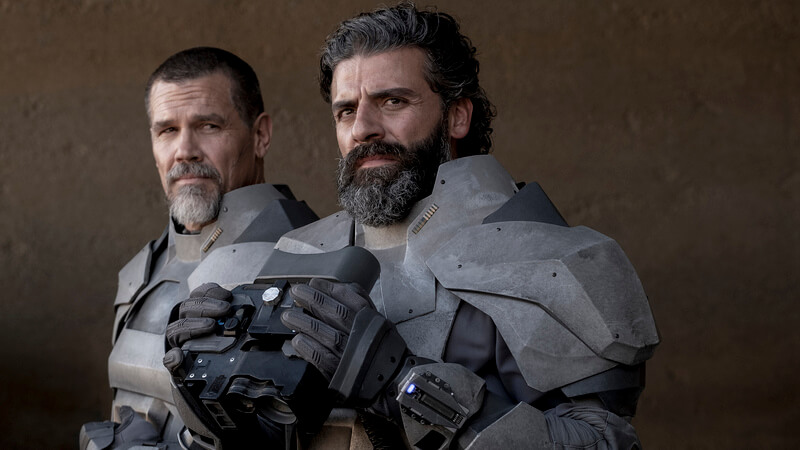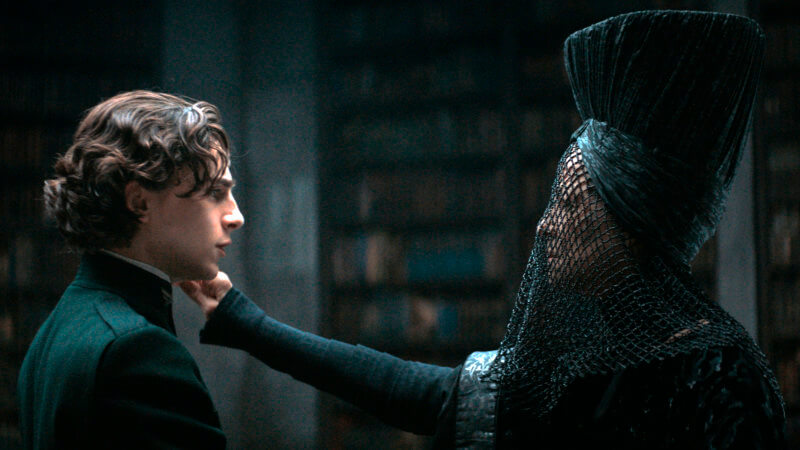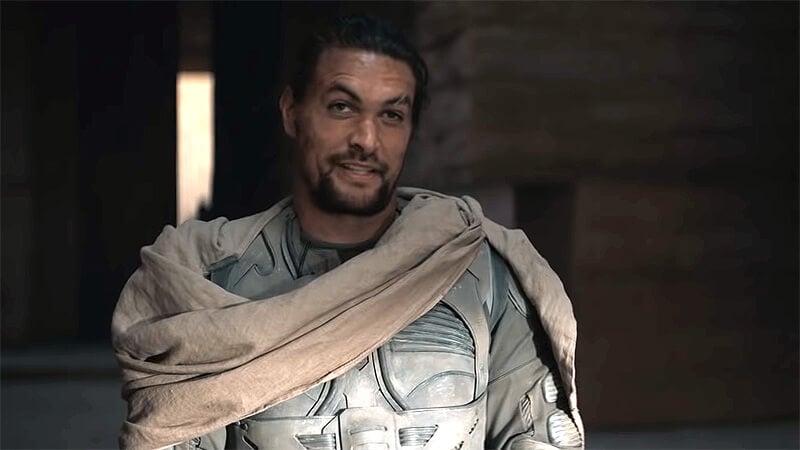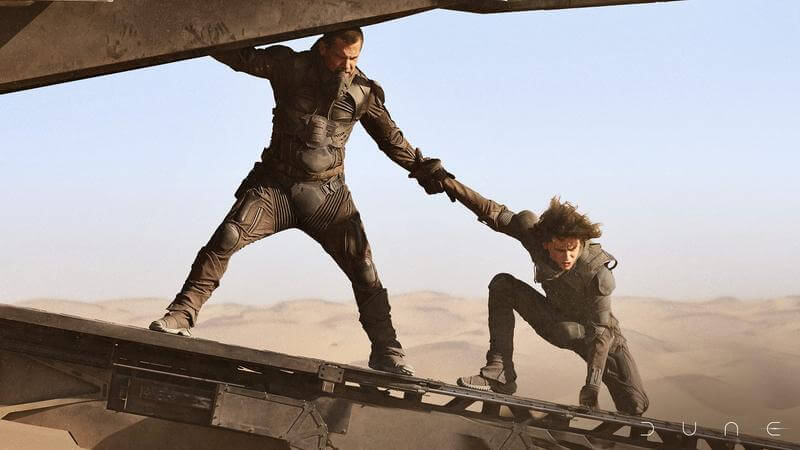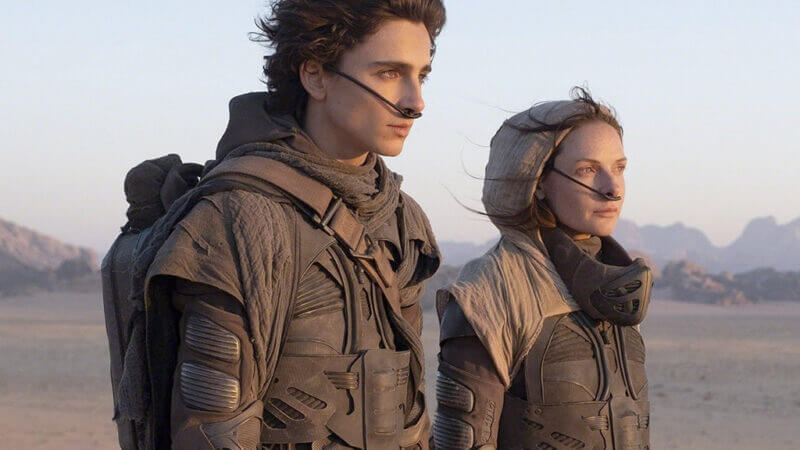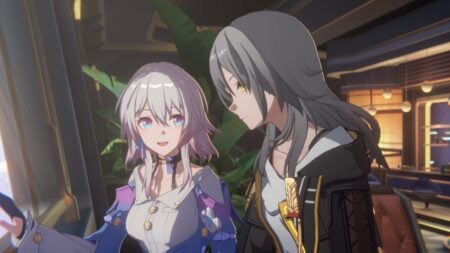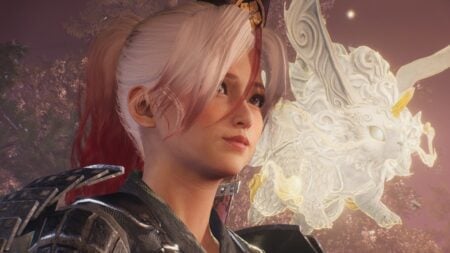In his review for Denis Villeneuve’s sci-fi epic Dune, Guardian film critic Peter Bradshaw described it as “awe-inspiring” and “a moment of triumph”. Many critics agreed with this statement, resulting in an 83% rating on Rotten Tomatoes for the movie. But having watched the film yesterday, I can’t say I agree with them.
Alas, whoever agrees or disagrees that the Dune movie is good or overrated is irrelevant. The sequel has already been greenlit and Hans Zimmer is working on the soundtrack. And I’m honestly hoping that Part 2 tops Part 1. But Part 1 was a tedious disappointment, given its tremendous hype (and potential). But why, you ask, do I think Dune is overrated? Well, here are ten reasons.
10) Boring Baddies
Dave Bautista may have reveled in the chance to play a deep baddie in Dune, but…well, as far as I can see, he didn’t. Glossu Rabban, the Emperor’s nephew whom Bautista plays, is as one-note and uninteresting a bad guy as you can imagine. Like his uncle, the moody Fester-lookalike is garbed in villainous black and exists to stare glumly into the camera lens.
Well, okay, that’s a tad unfair. He’s there to carry out the orders his older, overweight uncle can’t physically or mentally do. But aside from that function, neither he nor his father become compelling villains. They are just there to look intimidatingly evil and unleash their minions upon the good guys. And to drive this point home, Villeneuve gives them a pitch-black base of operations and removes all sing of color in most of their scenes. Then again, given how inaudible the dialogue often is above Zimmer’s oft-intruding score, one wonders if this is maybe a good thing.
9) Dune’s Bad Habit of Telling, Not Showing
So. Much. Exposition. Look, I love world-building and getting entranced into another universe. However, the Dune movie is constantly ignoring the good old-fashioned principle that one should show, not tell. However, its exposition overload is akin to having an anvil of written paragraphs fall on your head – and it makes Dune boring as all hell.
Rather than seeing why spice is important, we are fed its importance by solemn-looking men in poorly-lit rooms. Rather than being shown the importance of Paul’s heritage, we are told it through moody murmurs. Imagine if Peter Jackson hadn’t bothered with his breezy prologue in Fellowship of the Ring, which helped us understand the impact of Sauron’s evil and the temptation of the ring? Imagine if Bilbo had just given Frodo a lecture on it instead? It would be boring. Shame Dune didn’t try a similar tack, or else it may not be so overrated.
8) Some Things Left Unexplained
Dune is a very exposition-heavy movie. Given the painstakingly-crafted backstory of Frank Herbert’s novel, it’s only natural. But the Dune movie doesn’t do a good job of explaining some things.
Firstly, when Paul’s dad commits a ‘kamikaze’ and unleashes a poisonous gas upon the Emperor and his cronies, how does the Emperor survive? The next we see of him, he’s emerging his head from a gross pool of water at his base of operations. How exactly does Thufir Hawat roll his eyes to the point his whites are solely showing? Again, unexplained. Perhaps it’s in the novel – the thing is, we shouldn’t be expected to know the source material to enjoy a movie adaptation. One hopes the Dune sequel is more generous in embellishing what the heck is going on.
7) It Ends On A Low Note
Ideally, a movie should start small and grow to an incredible climax. The beginning sets up the characters and conflict and allows us to comprehend the gravity of the story’s situation. This factor is especially important in a lore-heavy film like Dune, which requires a lot of exposition to fill us in.
Although I disliked the slow start, I can still appreciate how the film sets up Paul’s powers and basic relationships alongside the importance of spice to the various factions. However, I don’t appreciate the film’s climax where Paul fights a member of the Fremen in an attempt to join them. This is a great character development on Paul’s part in terms of his resolve to further his father’s goals, but it’s not a good way to end a whole movie. The action that takes place feels like a mundane scuffle compared to the epic set-pieces that preceded it. The sequel may be greenlit, but Dune Part 1 doesn’t have an intriguing enough hook to keep me wanting to watch.
6) The Soundtrack Gets Old. Fast.
I love Hans Zimmer. He’s orchestrated all of my favorite films including Dark Knight and Inception, but he overdoes the ominous soundscapes in this film. Usually, these soundscapes marry with the establishing shots of the facilities and spaceships. But he even utilizes some painful female vocals over a tribal soundtrack in some scenes.
This time around, Zimmer’s score feels grating to the ears. A current trend in modern films, it seems, is to use out-of-tune horns and air-raid sirens to produce menacing, dystopian scores. It’s obnoxious and irritating and seems only present to fill silences and make scenes feel more epic than they actually are. Unfortunately, Zimmer is returning for the Dune sequel.
5) Dune’s Rough Start
Honestly, the whole of Dune is painfully slow. However, the pain is heavily apparent once the film completes its first hour. You realize that nothing has happened. I get that Dune has a rich lore and there’s a lot of ground to cover – and, indeed, expositionary beginnings are not inherently bad.
The problem is that Villeneuve is more interested in the aesthetic shots than moving the story forward. It’s great that we know about Paul’s destiny, his visions, his relationships with his dad and mother as well as his honing of ‘The Voice’. But even after these factors are established, Villeneuve seems fascinated with lingering shots of brooding expressions and long establishing shots. Dune is an aesthetically pleasing movie but spends too much time trying to look good in the mirror.
4) Dune’s Tediously Dark Tone
To be clear, there is nothing wrong with a tonally-dark film. Christopher Nolan’s Dark Knight trilogy is emblematic of movies that thrive in their dark atmosphere. But even those movies had Bruce Wayne’s humor to help alleviate it at certain points in the story. Heck, even Breaking Bad, a series known for being very solemn tonally, realized it needed a “voice of lightness” to ease that to an extent – hence, Saul Goodman’s creation.
The problem is that Villeneuve insists on applying an unwaveringly ominous tone throughout the film. The characters are eternally brooding, the lighting in every scene is scarce and even the colors of the desert are nonexistent. Jason Momoa’s Duncan Idaho cracks a smile now and then, but it’s not enough to rescue an inherently depressing film. It’s like listening to an album that recycles the same four chords from the minor scale – the tone gets old and energy-sapping within the first hour. Dune is lacking a good balance in its tone, and I’m hoping we’ll get some humor or optimism in the sequel to contrast the dark elements.
3) Boring Characters
In his 2008 foreword to the Iron Man graphic novel Demon in a Bottle, writer David Michelinie recalls how he received sound advice to humanize characters in his college film & TV class. “Have them eat lunch, take a bathroom break[…], play with a pet, prefer a specific brand of soda or a particular type of music”, he writes, “These are things that an audience can relate to, a subtle but important connection between the teller and listener”. If only Dune applied this sound advice, perhaps the movie’s characters would be good rather than feeling so wooden and unlikeable.
What makes Dune both bad and overrated is that its characters exist solely to serve the plot. And because they exist only to serve the plot, and to brood sullenly about the said plot, they feel so two-dimensional. Paul Atreides, played by Timothée Chalamet, is a tiresome cliched naive young ‘Chosen One’ who doesn’t feel any conflict trying to fulfill his role. His mother, played by Rebecca Ferguson, exists solely as the mentor. And we simply don’t learn enough about Duncan Idaho to care about him when he finally meets his end. We don’t learn anything about these soulless characters which makes it hard for us to empathize with them.
2) You Can’t Hear the Dialogue
Dune is the type of story that requires the audience to process its ideas and universe. As the first part of a two-part tale, the movie takes time establishing its setting, characters, and conflicts. However, in most films, much of this is conveyed via the dialogue of its characters. Unlike a novel, for example, films don’t benefit from constant narration to explain their concepts.
To be fair, Villeneuve does explain the movie’s in-universe politics effectively through dialogue. However, this is only when you can hear it. Much like Christopher Nolan’s Tenet, the sound mixing in this film is awful. Your ears and brain are constantly divided between processing the dialogue or Hans Zimmer’s epic, ominous soundscapes. For fear of it also being overrated, I hope the Dune sequel doesn’t suffer the same fate.
1) The Painfully Slow Pace
Denis Villeneuve has a history of overly-long establishing shots. This was one of the criticisms of his previous film, Blade Runner 2049, which had a lot of lengthy scenes of K/Joe walking through dystopian locations. Ridley Scott, who directed the original 1982 Blade Runner, attributed the Box Office bombing of Villeneuve’s sequel to its pace, saying, “It’s slow. It’s slow. Long. Too long,” before adding, “I would have taken out half an hour”.
Now, unlike Dune, BR2049 is a fantastic movie. But Scott’s criticism is soundly constructive – Villeneuve’s shots are way too long and contribute to that film’s slow pace. He didn’t acknowledge this advice while shooting Dune because it suffers from the same problem. The director spends too much time on establishing shots over the Desert and over the various structures – and that’s if he’s not using slow-mo shots of Zendaya. Now, there’s nothing wrong with visually establishing one’s universe, but when that takes precedence over the pacing of the story, then it becomes a problem. Here’s hoping the Dune sequel accomplishes better pacing, or else it may be overrated as well.
But alas, this is just one opinion. What do your think about Denis Villeneuve’s Dune – is it good or overrated? Are you looking forward to seeing the Dune sequel?

